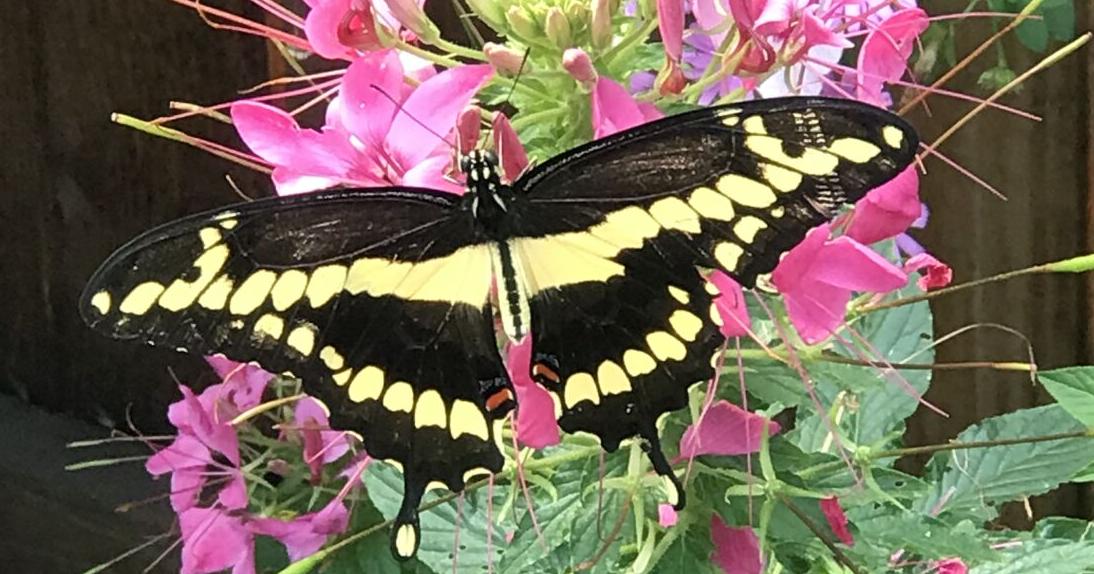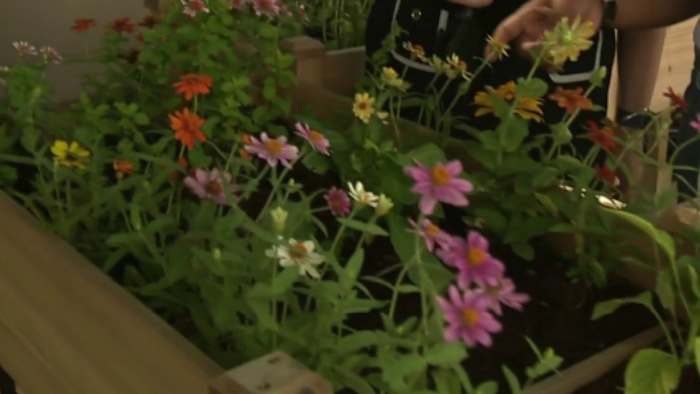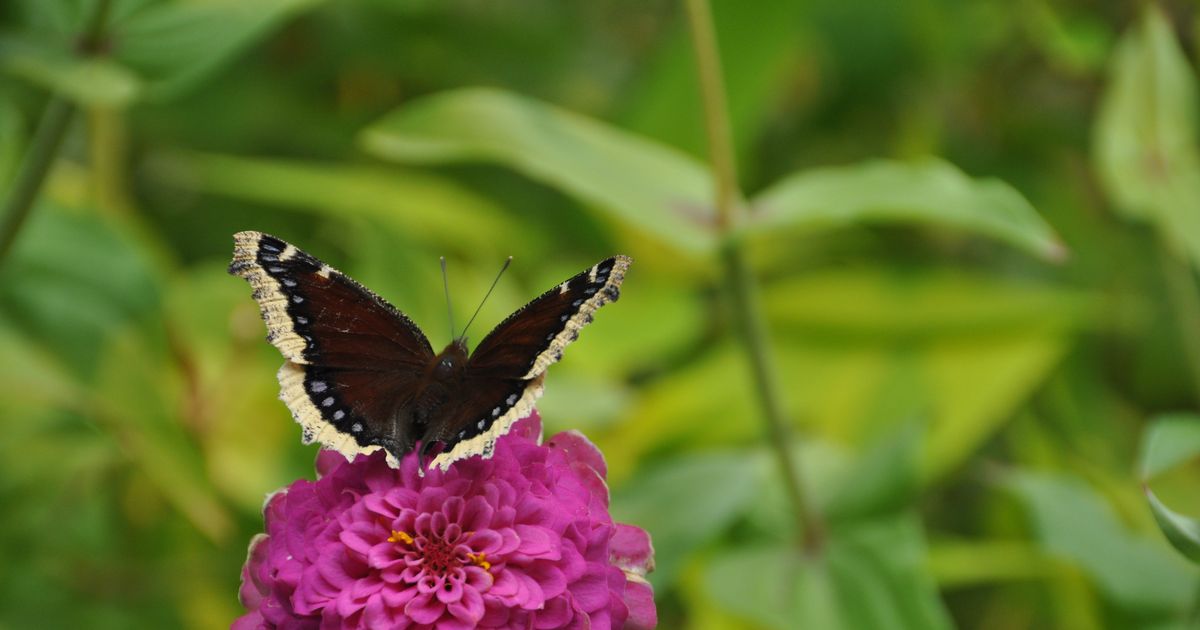Gardening can provide exercise, aromatherapy, healthy nutrition, community and a sanctuary space to reduce stress. It can, if practiced at the right time of day, help induce a peaceful night’s sleep. Through gardening, one can engage in all seven domains of integrative health, to stay resilient and prevent illness.
My mother loved her garden. She would often come into the house, glowing and happy, just as raindrops began to fall, hands and forehead streaked with dark loam. Her garden grew along all four edges of our backyard. Deep purple clematis climbed the fence separating our garden from the neighbor’s. In front of those were lighter purple irises, and low to the ground, dark violet pansies turned their yellow faces upwards. The pink and white peonies’ top-heavy blooms were thick with ants that tickled my nose if I leaned too close. They didn’t smell as sweet as the white alyssum amongst the rocks under the lilac tree—another wonderful fragrance in spring. Along the other fence were orange tiger lilies, beautiful but poisonous blue monks’ hoods and a mock orange bush whose white flowers smelled like orange blossoms.
Two sour cherry trees in the middle of the lawn were heavy in summer with translucent red cherries that my mother baked into luscious “piroshkes” – crescent shaped pastries filled with tangy oozing cherry juice, which we wolfed down straight out of the oven.
The garden was a place of sanctuary too. One spring when I was sick, I sat under the cherry tree in full blossom, its delicate pink petals fluttered down and subtle fragrance enveloped me as I curled up with my book.
Gardening can be aromatherapy. As you water, inhale the scent of wet earth—petrichor, and herbs—rosemary, basil, mint. The deep breaths trigger your relaxation response, while the fragrances elicit calming memories. The jasmine and gardenias I planted on my deck in Washington, D.C., reminded me of my mother’s mock orange. In Tucson, I planted lavender for its calming fragrance. Lavender will send anesthetized rats into deep, slow-wave sleep. So, these natural fragrances can calm both by triggering tranquil memories, and, like lavender, by taking a direct route from the nose to relaxing centers in the brain.
This sort of experience is at the core of “forest bathing” – an ancient Korean and Japanese practice where people walk slowly in the forest, deeply inhaling forest scents. These fragrances, composed of hundreds of “biogenic volatile organic compounds” evaporate from plants when moist, and have anti-anxiety and stress-reducing effects.
The whole experience of being in nature is an important way to reduce stress. Forest bathing is a walking meditation amplified by what you see and hear and smell and feel underneath your feet as you walk. If you don’t have access to a forest or park, you can re-create a mini-forest bathing experience in your garden. Focus your attention on each plant as you water it. Inhale deeply. Watch the way the sun glints on its leaves or petals. Feel the rich earth between your fingers as you pull the weeds or plant the seedlings. These are all micro-meditations. This momentary focus can take you away from other thoughts and anxieties and give your mind and stress response a bit of a rest and chance to re-set itself.
The need to tend the plants daily also adds to your movement and exercise regime and provides a sense of purpose and motivation to get out of bed in the morning.
Plants also clean the air, removing carbon dioxide when it builds up if the ventilation is poor. If we breathe in too much carbon dioxide, it makes us drowsy and impairs cognition. My mother lovingly watered her dozens of plants in the living room’s sunny bay window, singing to them like they were her children. The plants thrived, perhaps because they took in the carbon dioxide she breathed out, and together with sunlight and chlorophyll, turned it into sugar. So, living with plants can help both the plants and their human caretakers thrive.
If your garden is a vegetable garden, it also provides healthy nutrition. If you don’t have room for your own plot, you can plant in a community garden, working alongside others to plant, tend, then harvest your crops. Many local community gardens also offer cooking classes to teach culinary medicine and healthy eating habits.
How can gardening help you sleep at night? Besides exercising during the day, which helps you sleep better at night, if you garden in the morning, the full spectrum sunlight will help you fall asleep faster, have a more restful, restorative sleep, and wake up the next day in a better mood, refreshed and energized.
Indeed, recent systematic reviews of hundreds of studies of thousands of participants confirm that gardening improves physiological and psychological well-being, improves quality of life (including life satisfaction and social connectedness) and mental health, with reduced depression, anxiety, and stress. A survey developed to assess the mental health effects of gardening—the RANG, or Reducing Anxiety with Nature and Gardening scale, showed that people who had gardened for over 15 years and those gardening for eight or more hours over a two-week period, had lower anxiety scores than those who hadn’t.
So, gardening, whether in a small pot on your deck or in a large community garden, can keep you healthy through the seven domains of integrative health: reducing stress; environment (both green and clean air); movement; relationships; nutrition; spirituality, and sleep.









